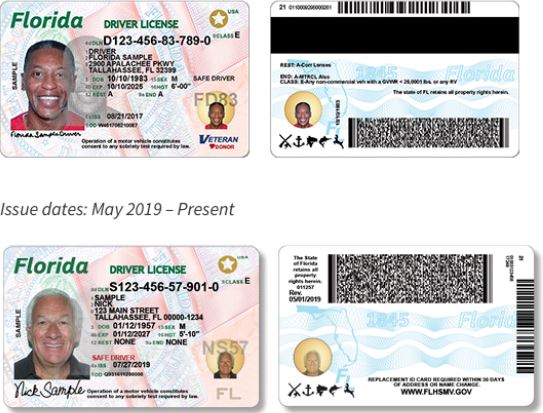
Florida Supreme Court Rejects Daubert Expert Standard
On October 15, 2018, the Florida Supreme Court, settled the long-running debate about the appropriate admissibility standard for expert opinions throughout Florida state courts. In a case that began with a plaintiff who developed mesothelioma after years of exposure to asbestos, the Florida Supreme Court held that Frye, not Daubert, is the appropriate test. Florida Justices, in a 4-3 decision, overturned a ruling by the 4th District Court of Appeal and ordered the reinstatement of an $8 million verdict for Richard DeLisle, who argued that he suffered mesothelioma because of exposure to asbestos found in cigarette filters. In the underlying case, DeLisle argued that filtered Kent cigarettes he smoked in the 1950s contained asbestos which leads to mesothelioma.
The Daubert standard is a more stringent standard for admissibility of expert witness testimony, relying upon trial courts themselves to determine the standards regarding reliability of expert testimony. Under Daubert, the trial courts themselves conduct a more detailed analysis of the methods used by experts in the rendering of their expert opinion. Proponents of this standard argue that it promotes more reliable expert testimony. However, opponents argue it is more costly, time-consuming, and promotes unfounded challenges. The opposing standard is known as the Frye standard from Frye v. United States, 293 F. 1013 (D.C. Cir. 1993). This less stringent standard only requires that the proffered expert testimony is based upon generally accepted principles in the scientific community.
Prior to Delisle, Florida courts were unsure whether to analyze expert testimony and corresponding pretrial motions under Daubert or Frye, so most trial courts utilized Daubert. This confusion arose in 2013 when the Florida Legislature modified Florida Statute Section 90.702 to adopt the Daubert standard, despite the Florida Supreme Court’s repeated affirmations of Frye. Florida Evidence Code § 90.702, as it now stands, reflects its federal counterpart, Federal Rule of Evidence 702, which itself is a codification of the Daubert test. Delisle held that the Legislature overstepped its authority when it adopted Daubert, because the manner in which trials and litigation are to be conducted are “procedural” matters—which are entirely within the province of the Florida Supreme Court under Article V, Section 2(a) of the Florida Constitution.
The majority opinion, authored by Justice Quince, focuses on the central issue to determining the constitutionality of the Daubert Amendment—whether it is a substantive law properly within the purview of the legislature, or a matter of procedure instead within the authority of the Court. The Court ruled that the Daubert Amendment is procedural because it “does not create, define, or regulate a right,” and that the Florida Legislature overstepped its bounds and enacted an unconstitutional law in conflict with a rule of the Court set out in its prior decisions. The majority opinion emphasizes that the Supreme Court has repeatedly affirmed the Frye standard despite the adoption of Daubert as the standard in federal court in 1993. Delisle will have a profound impact on litigation in Florida as testimony from expert witnesses plays a crucial role in complicated civil lawsuits. The strategy of moving to strike expert testimony, a tactic long embraced by defendants, will be more difficult. You can read the opinion here: http://www.floridasupremecourt.org/ decisions/2018/sc16-2182.pdf





